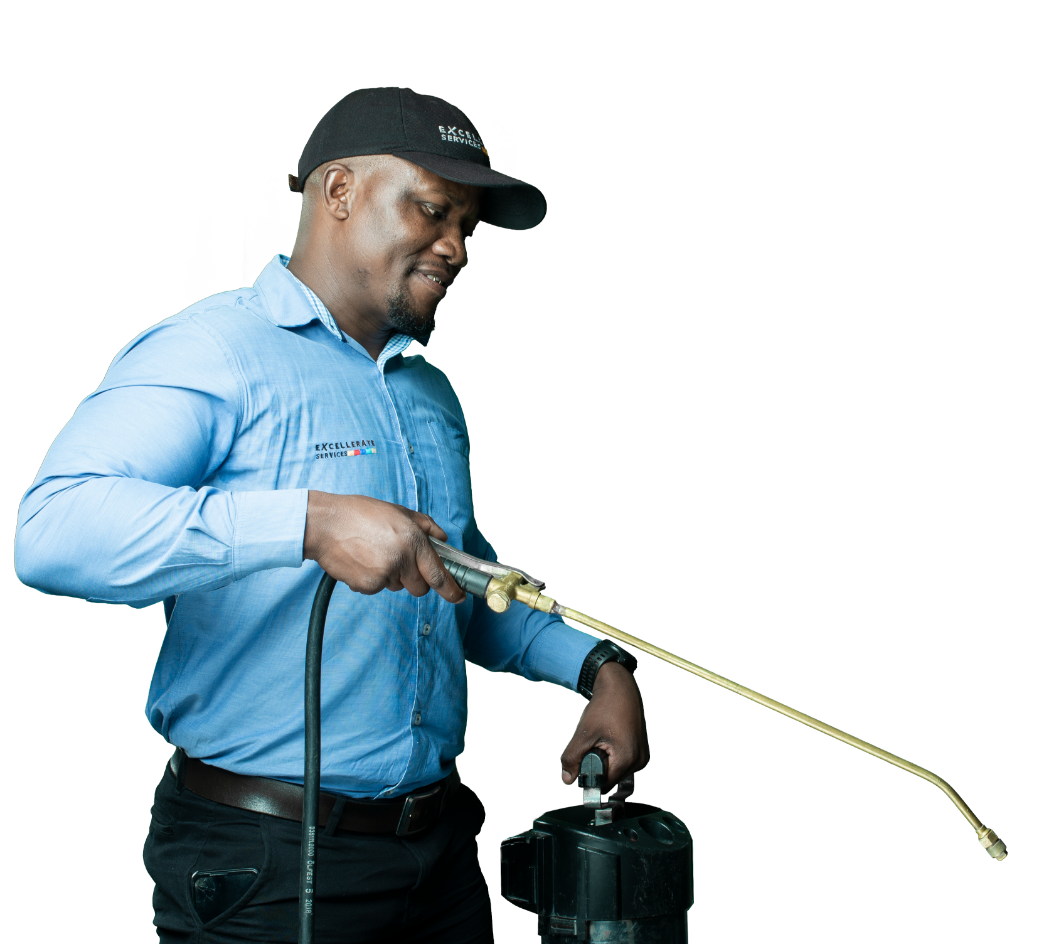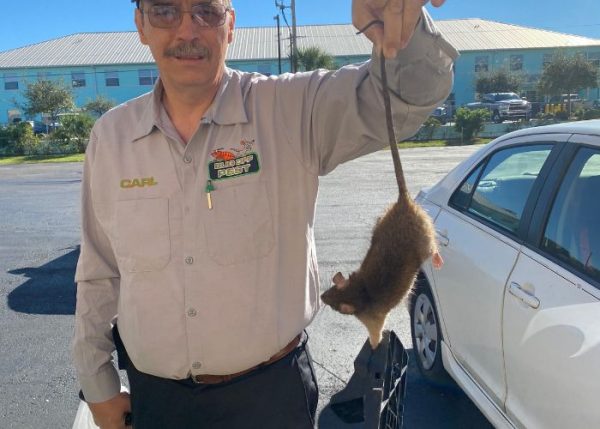Experience professional Pest Control in Port Charlotte for total peace of mind today.
Experience professional Pest Control in Port Charlotte for total peace of mind today.
Blog Article
Discovering Ingenious Strategies and Products for Efficient Bug Control
The landscape of parasite control is progressing, marked by the emergence of innovative methods and products developed to improve performance and sustainability. From wise catches equipped with sophisticated surveillance systems to biological techniques that employ all-natural predators, these improvements provide a standard shift in just how we approach pest monitoring. Eco-friendly chemical choices and pheromone disruption techniques supply targeted remedies that line up with ecological stewardship. As the sector comes to grips with these advancements, a closer evaluation reveals not just their ramifications however also the prospective obstacles that might develop in their execution.
Smart Traps and Keeping An Eye On Equipments
How can contemporary technology enhance parasite monitoring? One considerable improvement is the advancement of smart catches and keeping track of systems, which offer real-time data and analytics for reliable pest control. These systems utilize sensors and cordless technology to spot parasite task, alerting building supervisors and bug control professionals to problems before they rise.
Smart traps are equipped with functions such as lure stations that bring in bugs and catch them efficiently. These catches can be checked from another location, enabling prompt interventions and lessening the need for substantial chemical applications. Additionally, the assimilation of artificial intelligence algorithms allows these systems to separate between target insects and non-target species, boosting the accuracy of insect control steps.
In addition, the data collected from clever catches can be assessed to identify patterns in bug habits and environmental variables contributing to problems (Pest Control in Port Charlotte). This information is very useful for establishing targeted pest monitoring approaches customized to specific environments. By accepting clever catches and keeping an eye on systems, bug control specialists can enhance their operational effectiveness and reduce the ecological influence of parasite monitoring, inevitably resulting in much safer and extra lasting practices in the industry
Organic Bug Control Approaches
Making use of natural killers and parasites, organic bug control techniques offer an eco-friendly option to chemical treatments. This method involves the intro or enhancement of specific microorganisms that can naturally regulate parasite populaces, therefore decreasing reliance on artificial chemicals. Usual instances include making use of ladybugs to manage aphid invasions and parasitic wasps to target caterpillars.

Organic control can be classified right into three primary strategies: classical, augmentative, and preservation. Classic biological control includes importing all-natural adversaries from the insect's indigenous habitat, while augmentative control involves enhancing the population of existing natural adversaries through releases. Preservation techniques focus on producing conditions that support these useful microorganisms in the ecological community.
It often requires a detailed analysis of insect characteristics and the life cycles of both the insects and their all-natural opponents. As awareness of environmental issues expands, biological parasite control methods are increasingly identified for their lasting role in integrated bug administration programs.
Eco-Friendly Chemical Alternatives
Environment-friendly chemical options supply a sensible solution for bug monitoring that lessens ecological effect while successfully regulating insect populations. These alternatives are stemmed from all-natural resources and are very carefully created to target particular insects without harming helpful microorganisms, making them an important element of sustainable pest control strategies.
Amongst one of the most efficient environmentally friendly choices are plant-based insecticides, such as neem oil and pyrethrin, which are stemmed from the seeds and blossoms of numerous plants. These compounds interrupt the life process of parasites, minimizing their populations without the poisonous results connected with traditional pesticides - Pest Control in Port Charlotte. Additionally, vital oils like pepper mint and clove oil show repellent buildings, further boosting their utility in pest management

Additionally, environmentally friendly chemical options commonly break down extra rapidly in the atmosphere, lowering the danger of soil and water contamination. This particular aligns with the enhancing customer need for sustainable methods in agriculture and metropolitan insect control. As study remains to advance, the development of ingenious eco-friendly formulations will certainly better improve effectiveness and widen application locations, enabling pest monitoring specialists to take on greener, much more liable methods in their methods while protecting human wellness and the environment.
Pheromone Interruption Methods
One more ingenious method in lasting insect administration is the use of scent disturbance techniques. These techniques exploit the natural chemical signals, or pheromones, that bugs make use of for interaction, particularly in mating habits. By interfering with these signals, parasite populaces can be effectively handled without considering hazardous chemicals.
Scent traps are frequently used in this strategy. Over time, this can lead to a considerable decrease in parasite populaces.

Integrated Insect Management Techniques
Reliable parasite control often calls for a thorough technique, and Integrated Bug Administration (IPM) strategies provide a structure for attaining this goal. IPM integrates different monitoring methods to minimize parasite populaces while lowering reliance on chemical pesticides. This multifaceted method starts with extensive monitoring and identification of insects, permitting targeted treatments based on particular bug stress.
Cultural techniques, such as crop turning and cleanliness, play a crucial role in protecting against parasite establishment. Organic controls, consisting of all-natural killers and parasitoids, are used to keep parasite populaces at convenient degrees. When essential, discerning chemical therapies are used, highlighting lower toxicity to non-target types and the environment.
By utilizing this all natural technique, IPM not just improves parasite control performance but likewise adds to long-lasting ecological equilibrium. Ultimately, Integrated Insect Monitoring represents a forward-thinking service that lines up farming efficiency with ecological stewardship, making it vital in modern parasite control approaches.

Conclusion
In verdict, the integration of cutting-edge techniques and items for effective parasite control represents a significant innovation in sustainable parasite administration. Smart traps and checking systems, organic insect control approaches, eco-friendly straight from the source chemical alternatives, visit the site and pheromone interruption strategies collectively boost the performance of insect management techniques. By embracing these techniques, the reliance on traditional chemicals can be minimized, advertising ecological health and wellness while ensuring effective bug control. Continued r & d in these areas will certainly further boost pest monitoring methods.
Report this page